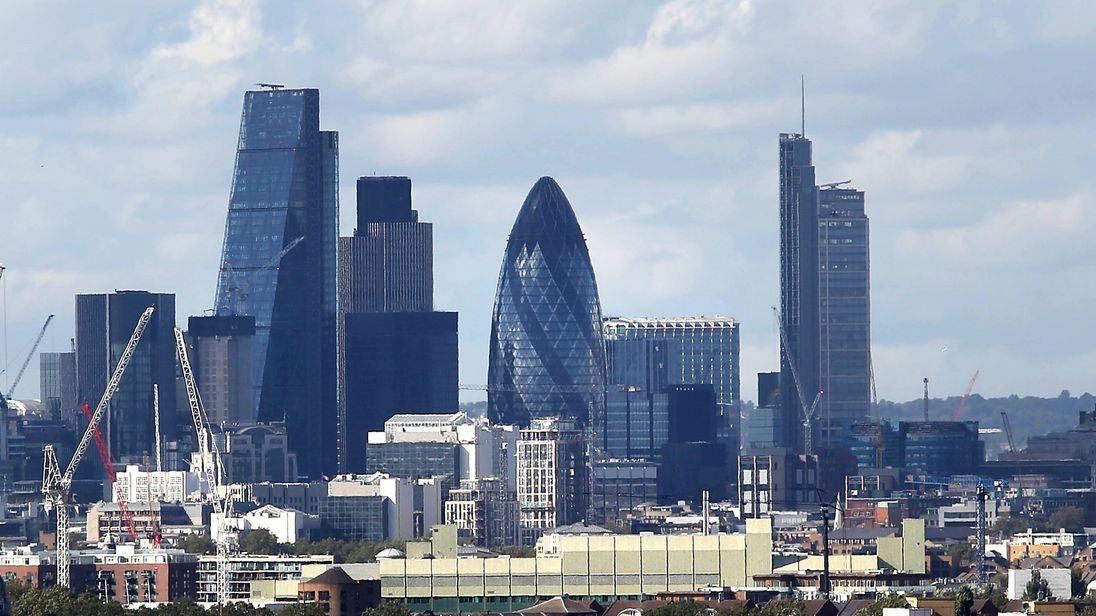It is issuing guidance to employers spelling out when they are legally obliged to pay at least the minimum wage.
HM Revenue and Customs is expected to target sectors such as the media, the performing arts, the law and accountancy firms, the Guardian reported.
Business minister Andrew Griffiths said: "Employing unpaid interns as workers to avoid paying the National Minimum Wage is against the law and exploitative.
"No-one should feel like they have to work for free to get the skills and experience they need to get ahead.
"That's why over the last three months Government enforcement teams have been targeting employers advertising for unpaid interns, reminding them of the law and the consequences of breaking it."
Campaigners say internships are increasingly seen as a requirement before a first job in one of the top professions and that the high costs associated with these are shutting many less advantaged people out of careers.
The Sutton Trust estimates that there are around 70,000 internships offered each year and that 10,000 graduates are in internships six months after graduation.
It has found that more than 40% of young people who have carried out such a placement has done at least one of them unpaid.
The Trust estimated last month that rising rents and inflation mean an unpaid internship now costs a single person living in London at least £1,019 a month, with a cost of £827 in Manchester.
It says that the law is currently not being properly enforced and wants to see rules tightened.
The Government said earlier this week that it accepted the recommendations of the Downing Street commissioned Taylor review that "exploitative unpaid internships, which damage social mobility in the UK, are stamped out".
It said: "We will take action to improve the interpretation of the law and the enforcement action taken by HMRC in this area.
"An employer cannot avoid paying someone the minimum wage simply by calling them an 'intern' or saying that they are doing an internship."
However, defining someone as a worker depended on multiple factors including whether they were expected to turn up for work each day, and "genuine volunteers" were not entitled to the minimum wage, the Government said.
